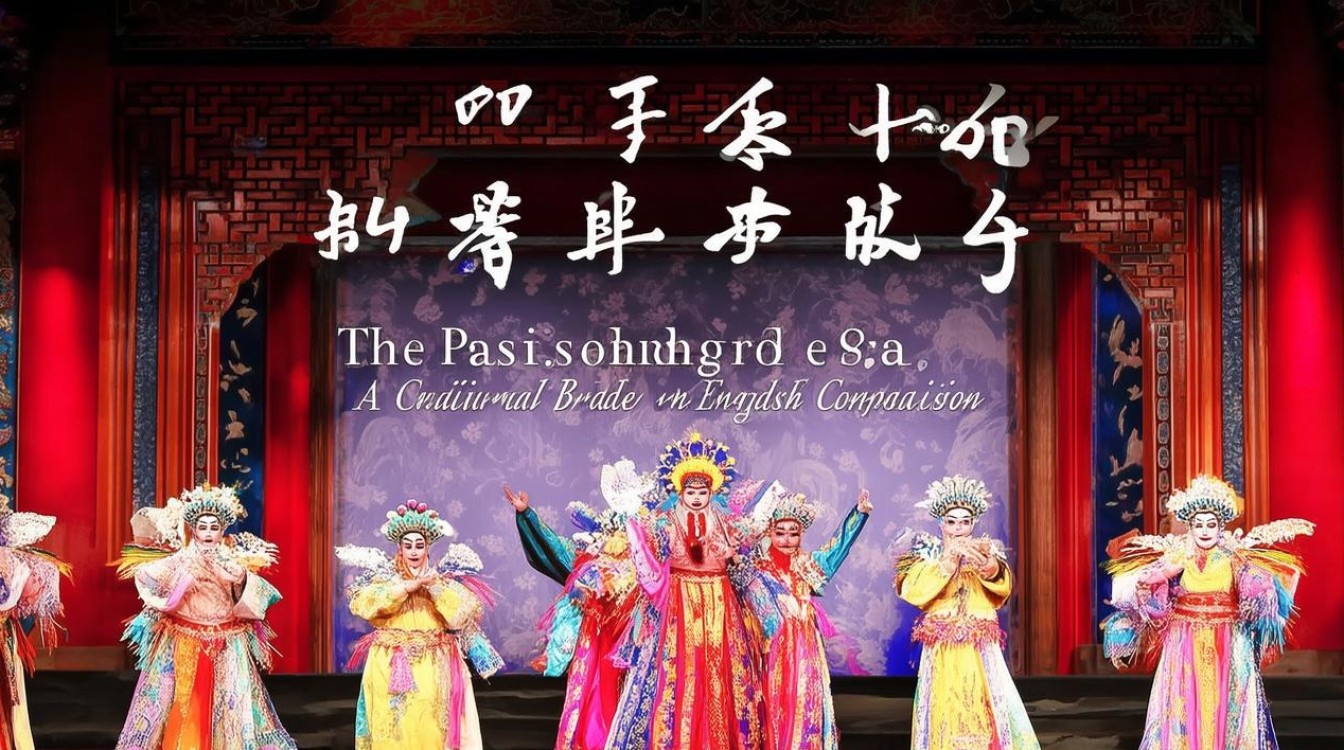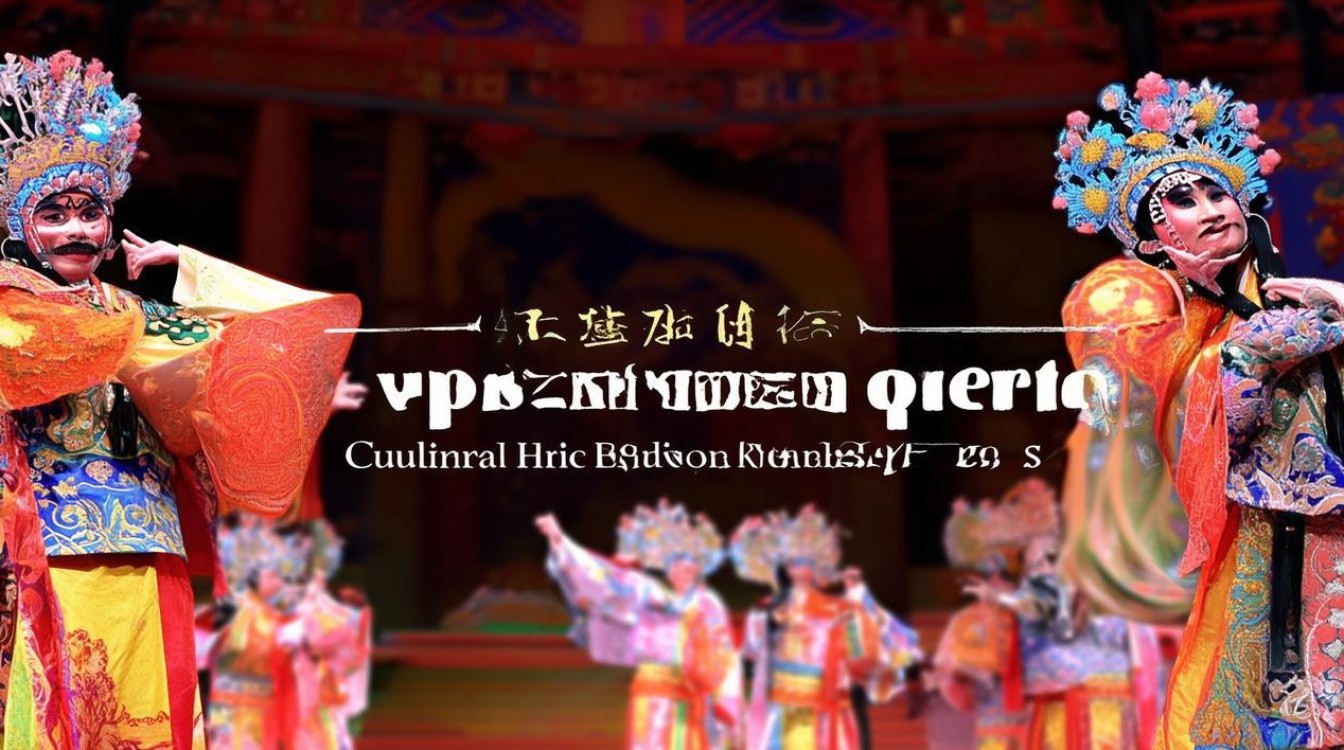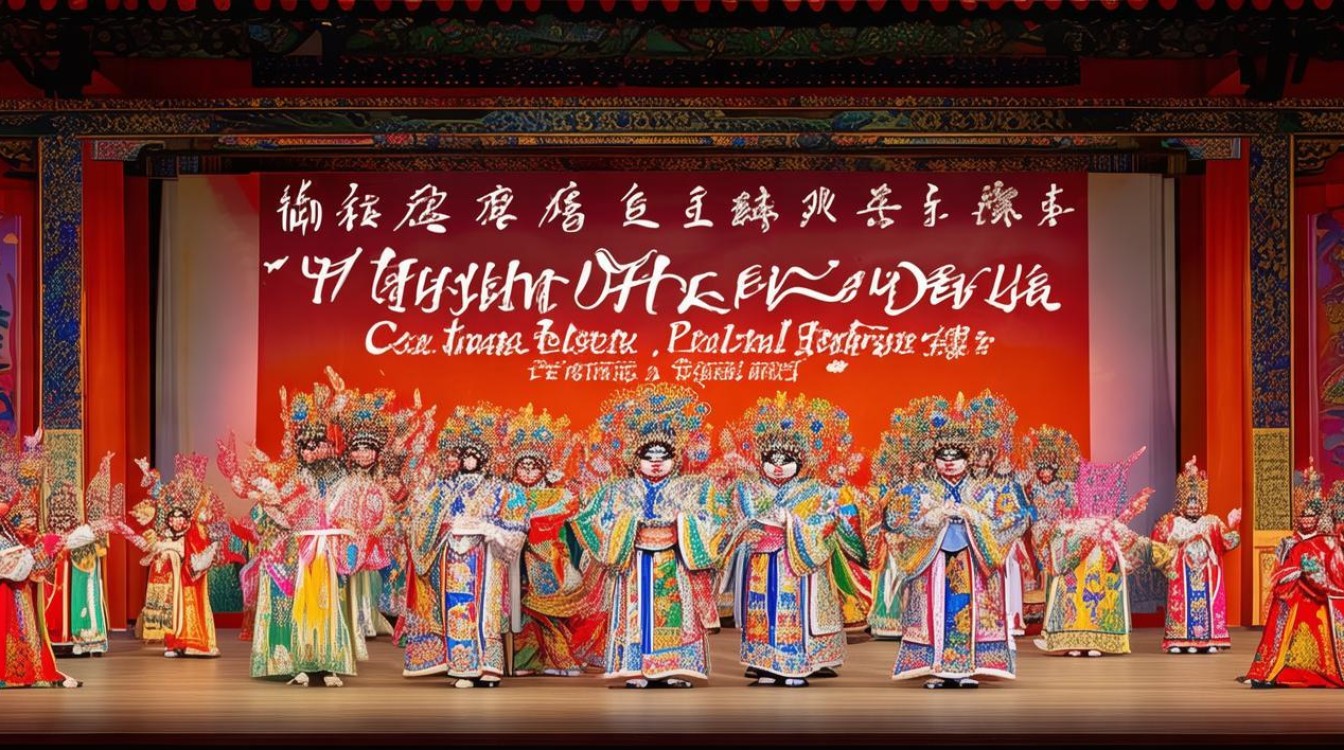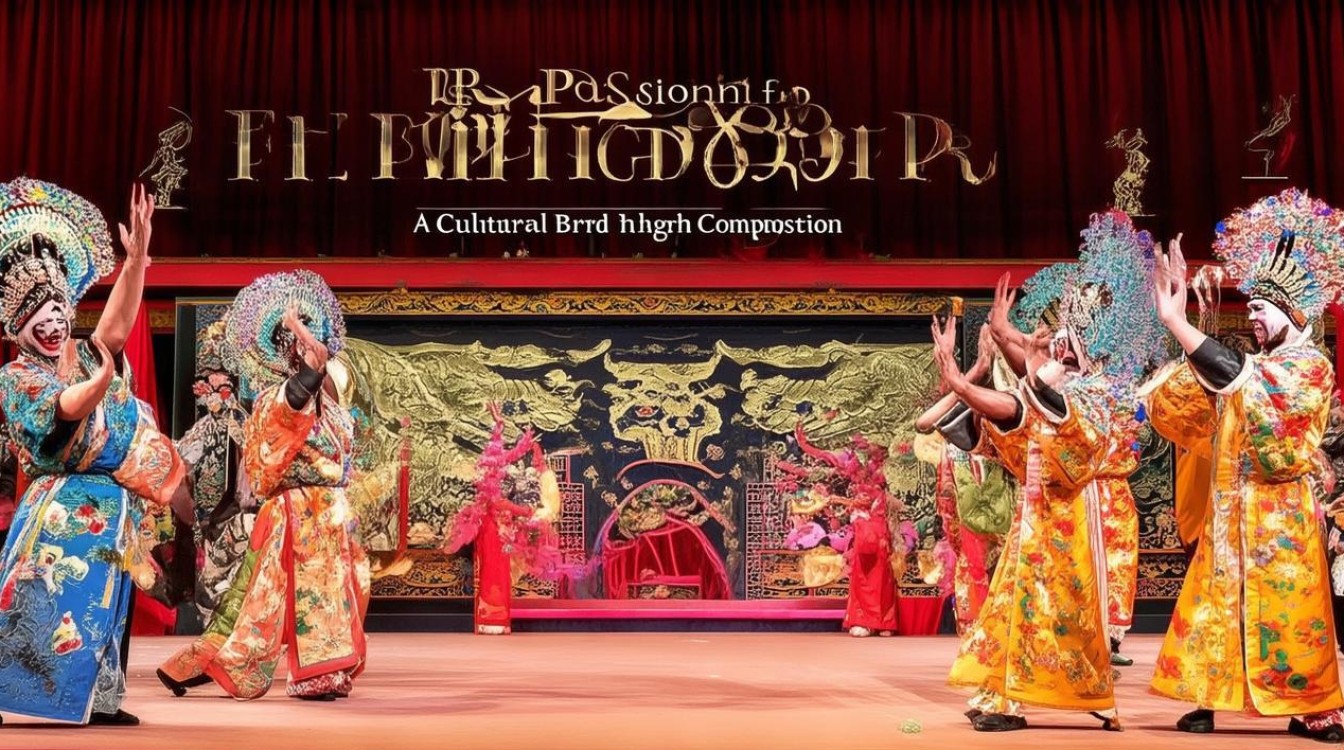Peking Opera, with its vibrant costumes, intricate movements, and melodic tunes, has captivated audiences for centuries. For many, it’s not just an art form but a window into Chinese culture. When students or enthusiasts write about this tradition in English, they create a bridge between East and West, sharing a piece of heritage with the world.

The Allure of Peking Opera
Peking Opera combines music, vocal performance, mime, dance, and acrobatics into a singular theatrical experience. Its stories often draw from Chinese history, folklore, and literature, offering lessons in morality, loyalty, and love. The exaggerated makeup and stylized movements make it instantly recognizable, even to those unfamiliar with the art.
For someone who loves Peking Opera, writing about it in English is a way to preserve and promote it. The challenge lies in translating its essence—conveying the emotion of a dan’s (female role) delicate gestures or the intensity of a jing’s (painted face) booming voice. This requires not only language skills but also a deep appreciation for the art.
Why Write About Peking Opera in English?
-
Cultural Exchange
English compositions about Peking Opera introduce global readers to a unique aspect of Chinese culture. Describing the symbolism of colors in costumes or the meaning behind a warrior’s stance can spark curiosity and appreciation. -
Language Learning
Writing about a complex topic like Peking Opera pushes language learners to expand their vocabulary. Terms like "sheng" (male roles), "qiyi" (costumes), or "erhuang" (a musical mode) become part of their linguistic toolkit. -
Personal Connection
Many who adore Peking Opera grew up watching performances with family or studying it in school. Writing about it allows them to reflect on their journey—how a childhood fascination evolved into a lifelong passion.
Crafting the Perfect Essay
To write compellingly about Peking Opera in English, focus on these elements:
-
Vivid Descriptions
Paint a picture with words. Instead of saying "The performer sang beautifully," try: "The dan’s voice soared like a lark, each note trembling with emotion as her sleeves fluttered like petals in the wind." -
Historical Context
Provide background to help readers understand its significance. For example, explain how Peking Opera emerged during the Qing Dynasty as a fusion of regional styles. -
Personal Insights
Share why this art resonates with you. Maybe it’s the discipline of the performers or the way stories transcend time. Authenticity makes the essay relatable.
Overcoming Challenges
Translating Peking Opera’s nuances isn’t easy. Idioms, poetic lyrics, and cultural references often don’t have direct English equivalents. Here’s how to tackle this:

-
Use Analogies
Compare Peking Opera’s stylized combat to ballet’s choreographed fights, helping readers grasp its artistic nature. -
Explain, Don’t Translate
Instead of literally translating "脸谱" (facial makeup), describe how colors symbolize traits—red for loyalty, white for treachery. -
Cite Examples
Mention famous plays like The Drunken Concubine or Farewell My Concubine, linking them to universal themes of love and sacrifice.
Peking Opera in Modern Times
While rooted in tradition, Peking Opera isn’t frozen in time. Contemporary adaptations incorporate modern themes or technology, like digital backdrops. Writing about these innovations shows the art’s vitality. For instance, discuss how young performers use social media to attract new audiences, blending hashtags with centuries-old arias.
A Gateway to Broader Topics
An essay on Peking Opera can lead to discussions about cultural preservation, globalization’s impact on traditional arts, or even comparisons to Western opera. This depth elevates the writing from a simple description to a thoughtful exploration.

Final Thoughts
Writing about Peking Opera in English is more than an academic exercise—it’s an act of cultural diplomacy. Each essay introduces someone, somewhere, to the splendor of this art, fostering understanding across borders. For those who love Peking Opera, sharing it through words is a way to ensure its legacy endures, one reader at a time.
The next time you hear the gong’s crash or the huqin’s mournful cry, consider putting pen to paper. Let the world hear, through your words, the magic of Peking Opera.

